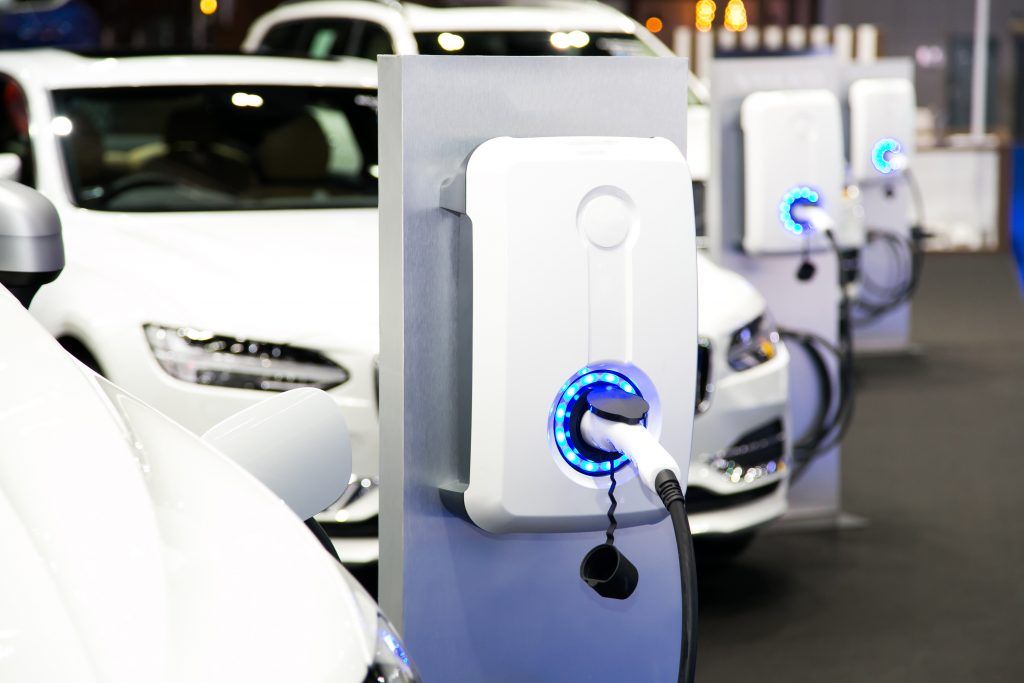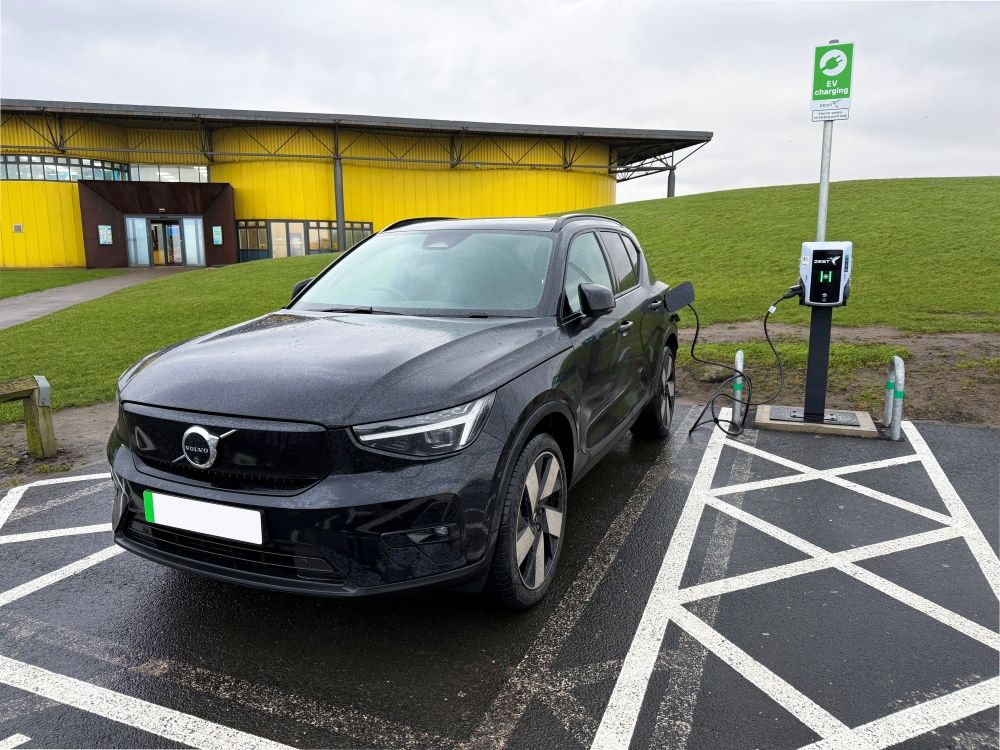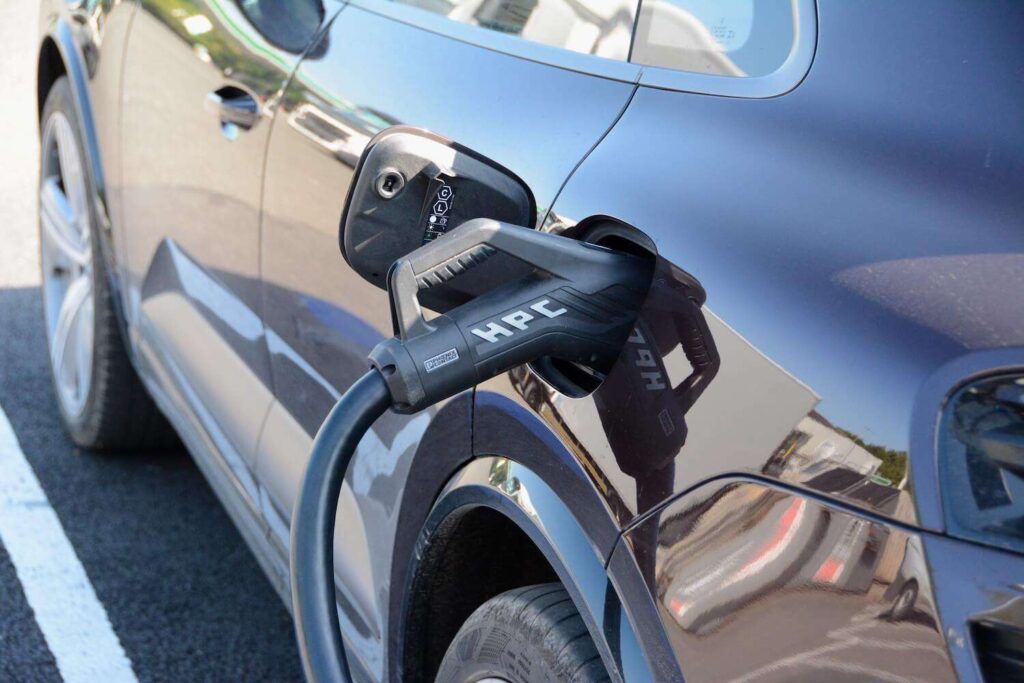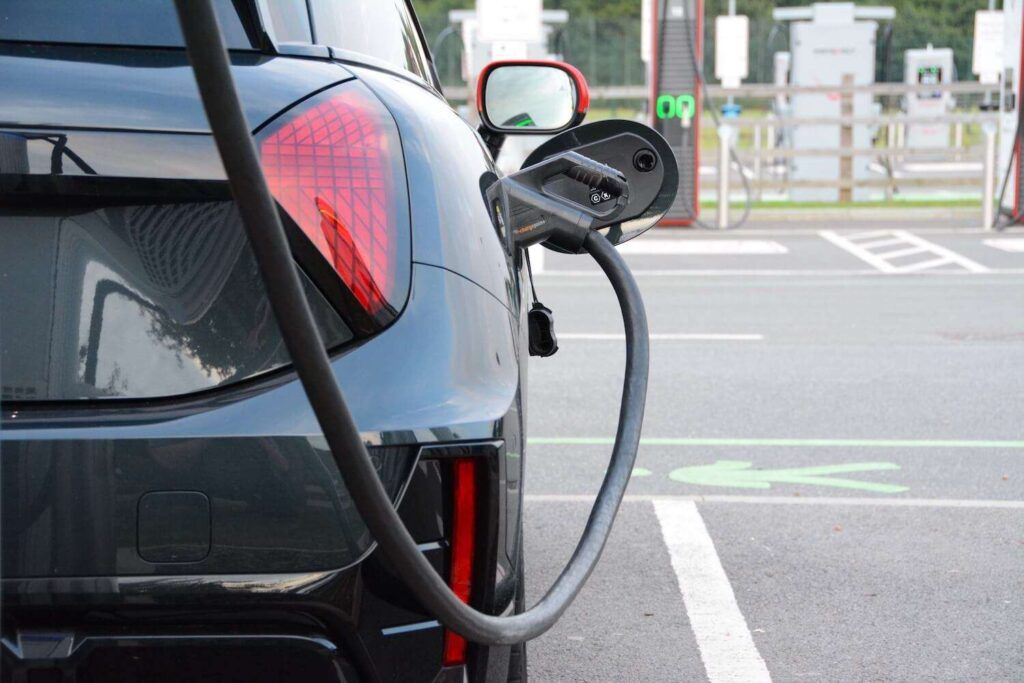Leading figures across the EV sector have called on the government to highlight the benefits of EVs and to make improved affordability a key factor in policy making.
Experts including Dr Andy Palmer, Quentin Willson and CEO of Octopus Electric Vehicles, Fiona Howarth, have argued making the UK car manufacturing sector a global player in clean car investment – and clear policy on private and public collaboration on a successful energy transition – will keep improving EV affordability and maintain a “positive trajectory of EV adoption” in the country.
Uniting under a banner of “net zero is a must, not an if”, the experts said their solutions were “grounded in facts, not conjecture”, unlike some of the “push back” being experienced around EVs in the media at present – such as incorrect stories that it is cheaper to fill up an ICE vehicle than an EV.
Dr Andy Palmer, Chairman of European battery cell developer, Inobat, said: “Looking at the Moores Curve equation, mass production of batteries, and therefore EVs, will ultimately drive price points down. This is why we need domestic battery cell production.
“Another point I would like to make is, the focus on bigger batteries. The reality is most people need smaller batteries, they don’t drive 300+ miles regularly, and this will likely become a trend as we continue to ramp up adoption. Smaller batteries mean lower costs and therefore improved affordability.”
Affordability
CEO of Octopus Electric Vehicles, Fiona Howarth, said the average British driver saves around £1,000 a year through domestic electric charging – and around 40% a month on lease costs via employee benefit schemes.
She warned that the benefits were currently “available to just a few” and a “firm signal” to manufacturers was needed.
She said: “With average lead times of nine [9] months, we need a firm signal to car makers to deliver high volumes of clean cars to the UK now. And with such a rapid global transition, there’s a unique opportunity for job creation in the future auto industry. The US has recently set the bar with their “Inflation Reduction Act”, securing impressive incentives for local battery production – giving us a blueprint on how to attract manufacturers and investors, creating jobs for the longer term.”
The view was echoed by the founder of FairCharge, Quentin Willson, who said the media “constantly obsesses” with public charging – but “forget to mention” 80% of EV owners charge at home using low-rate night tariffs.
He said: “The reality is that for the vast majority of EV drivers home charging makes it significantly cheaper than fuelling a combustion car. The authors who write these anti-EV pieces clearly don’t drive or own EVs, otherwise this glaring omission would be obvious. Can we have some balance please?”
Figures from the Society of Motor Manufacturers and Traders (SMMT) reveal UK total car production has fallen by almost 10% – but it also shows a burgeoning EV sector bucking the trend. UK factories turned out a record 234,066 battery electric (BEV), plug-in hybrid (PHEV) and hybrid (HEV) electric vehicles, with combined volumes up 4.5% year-on-year to represent almost a third (30.2%) of all car production.
Infrastructure
Professor Colin Herron, Faraday Institution North East office, North East Battery Alliance, Newcastle University, said: “Let’s be clear, sales are buoyant, the infrastructure is going in, new models are arriving, batteries are continually improving, and global governments are legislating to phase out ICE. Are we sure what the market will look like in five [5] or 10 years? To be honest, not really. Are we on an unstoppable journey, yes. The future is electric.”
Gill Nowell, Head of EV Communications at LV= General Insurance / ElectriX, added: “A recent survey of 4,489 EV drivers found 83% of them would still choose to go electric in spite of rising energy costs. So, it’s not all doom and gloom.
“Our focus needs to be on ensuring that public chargers are reliable, safe and accessible, and that those who cannot charge at home are not disadvantaged. The right infrastructure needs to be installed in the right places and well maintained. We must continue to support people who are interested in moving to electric so that they can do so in an affordable and easy way.”
Iain Wight, CCO of Inobat also noted the importance of charging – and that it “developed at the same rate as EV adoption.
He said: “We also need to address the charging network and ensure that it is developing at the same rate as EV adoption. Like everything, correct policy is required to incentivize and help build the markets, industry and employment of the future.
Ian Johnston, CEO at Osprey Charging Network said: “Consumer demand for EVs is growing even stronger each day, and now in 2023 we will see a mass deployment of literally thousands of new public charge-points located in reliable, easy to access and easy to use charging hubs across the UK.
Kate Tyrrell, Founder of ChargeSafe, added: “Today, with over 37,000 charge points in the UK we must ensure every charge site is safe and accessible, for everyone. The work we are doing with partners truly demonstrate the ever-evolving nature of the public infrastructure.”
Euan McTurk, Consultant Battery Electrochemist at Plug Life Consulting, said: “Backed by its strong reputation for battery research, there is a huge opportunity for the UK to become a genuine world leader in battery and EV manufacturing, with the opportunity to export these products to further boost our economy. Yet, some naysayers appear to be using the demise of Britishvolt to try to hamper proactive policy, forgetting that any failure to switch British industry to EVs will result in massive imports of EVs built overseas, zero exports of British-built vehicles and the UK being an industrial irrelevance. The UK Government needs to at least match the US’ highly successful Inflation Reduction Act – which is directly responsible for a wave of new battery and EV gigafactories planned in the US – to prove their seriousness about, and commitment to, the task in hand, and provide the certainty required to attract private capital to make the UK a green tech industrial powerhouse.”
“Push back”
Quentin Willson, Founder FairCharge, added that it was “increasingly apparent” some traditional manufacturers were pushing back – arguing that it will hit their bottom line. As a result, government needed to create a “clear and present policy”.
He said: “This isn’t just about clean air for all, it’s also about the industry and employment of the future. Why build out a domestic lithium refining business, with no battery manufacturers to feed into? It seems slightly befuddled. If we look at the ZEV mandate, it is a clear policy to encourage EV adoption. Any push back on things like the ZEV mandate could be hugely detrimental to the people of the U.K. and its success in the Race to Zero. Now, more than ever, collaboration is of paramount importance, no division.
“Push back will be hugely detrimental to the UK’s industrial strategy, future energy independence, high tech jobs and cleaner air.”
Image: Shutterstock.












